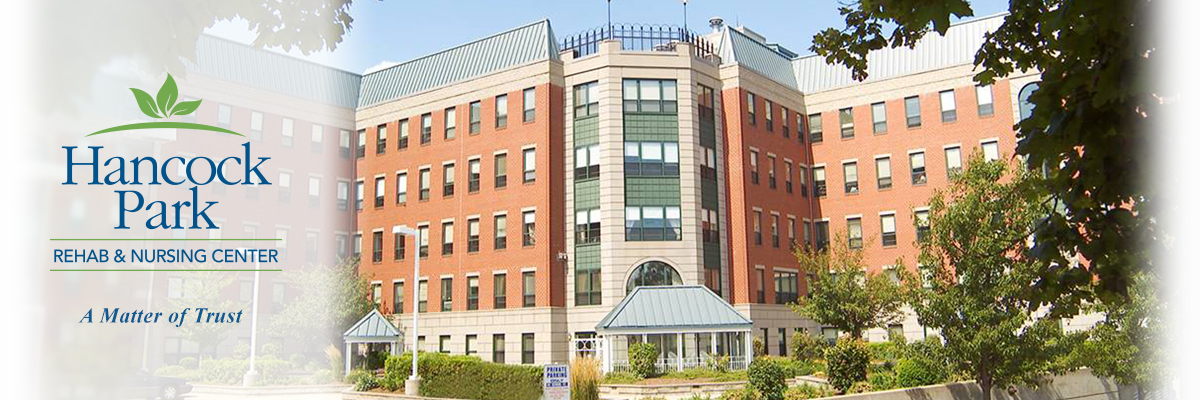Womens Treatment Centers Farmville VA
Home
Top Womens Treatment Centers Farmville VA Resources and Information Online
Knowing more about the options available and how to compare them with one another can help. For these reasons, traveling for rehab can be considered as an alternative to staying local. Psychological measures and treatment are the most successful way forward in adopting new positive brain rewarding practices, challenging and changing thinking and maintaining recovery. The problem with most addicted people is that they try to run on self-will and not Gods will. In San Antonio Texas, there are many different types of drug rehabilitation centers, commonly known as drug rehabs.
They turn to a National Drug Abuse Hotline or the Addiction hotline. It’s important that your teen feels you are supportive. Our certified addiction counselors understand the value of living Christ-centered lives, and we help our clients to find freedom from addiction through prayer, scripture, church, and worship services. 12042 Blanco Rd Ste 101, San Antonio, TX 78216 (210) 541-8400 Be the first to review! Inpatient rehab is a residential treatment center where patients reside for various lengths depending on their program.
Right here are Some Even more Resources on Christian Drug And Alcohol Treatment Centers

Extra Resources For Christian Drug Rehab Programs Farmville VA
Because our locator emphasizes on finding centers specializing in Rehab Centers, as opposed to all medical centers, we can provide the right information to the people who need it most, and do so in an expedited fashion. There are people who take drugs to enhance their performance,such as athletes, college students, and other performers. You use to avoid or relieve withdrawal symptoms. If you go too long without drugs, you experience symptoms such as nausea, restlessness, insomnia, depression, sweating, shaking, and anxiety. Its not the drugs that makes a drug addict, its the needs to escape reality.Results BAC at the time drinking stopped would be approximately 0 BAC would be at 0.
Here are Some More Details on Christian Drug Rehab Programs
Criticism[edit] Despite ongoing efforts to combat addiction, there has been evidence of clinics billing patients for treatments that may not guarantee their recovery.[1] This is a major problem as there are numerous claims of fraud in drug rehabilitation centers, where these centers are billing insurance companies for under delivering much needed medical treatment while exhausting patients' insurance benefits.[2] In California, there are movements and law regarding this matter, particularly the California Insurance Fraud Prevention Act (IFPA) which declares it unlawful to unknowingly conduct such businesses.[2] Under the Affordable Care Act and the Mental Health Parity Act, rehabilitation centers are able to bill insurance companies for substance abuse treatment.[44] With long waitlists in limited state funded rehabilitation centers, controversial private centers rapidly emerged.[44] One popular model, known as the Florida Model for rehabilitation centers, is often criticized for fraudulent billing to insurance companies.[44] Under the guise of helping patients with opioid addiction, these centers would offer addicts free rent or up to $500 per month to stay in their "sober homes", then charge insurance companies as high as $5,000 to $10,000 per test for simple urine tests.[44] Little attention is paid to patients in terms of addiction intervention as these patients have often been known to continue drug use during their stay in these centers.[44] Since 2015, these centers have been under federal and state criminal investigation.[44] As of 2017 in California, there are only 16 investigators in the CA Department of Health Care Services investigating over 2,000 licensed rehab centers.[45] See also[edit] [edit] Further reading[edit] Karasaki et al.,(2013). Check with the facility to see what may be available. He has fallen down, and gotten up, over and over and over again.
Even more Info Around Christian Rehab Facilities Farmville VA
This helpline is especially established to help organizations and union representatives make policies, educating workers, and implementing different programs in order to ensure a drug-free workplace. For legal drugs such as alcohol, complete abstention—rather than attempts at moderation, which may lead to relapse—is also emphasized ("One is too many, and a thousand is never enough.") Whether moderation is achievable by those with a history of abuse remains a controversial point, but is generally considered unsustainable.[2] Types of treatment[edit] The brain’s chemical structure is impacted by drugs of abuse and these changes are present long after an individual stops using, This change in brain structure increases risk for relapse, making treatment an important part of the rehabilitation process.[3] Various types of programs offer help in drug rehabilitation, including: residential treatment (in-patient/ out-patient), local support groups, extended care centers, recovery or sober houses, addiction counselling, mental health, and medical care. Call us now; at Treatment Center Finder, we provide rehabs that will help you overcome your addiction, and bring an end to this battle. Patients meet with physicians regularly during detox. Most treatments will include individual and group counseling as well. Whether you’re in need of mental health services, inpatient addiction treatment or supervised drug detox, you can rest assured the provider we match you with will be able to treat you with the kind of Christian based care you need to heal your mind, body, and spirit. With non-medical inpatient treatment, clients are still monitored throughout detoxification, and transition to addiction rehab — but with a reduced level of medical supervision and the absence of medication therapy. Many organizations employ use of bunk beds and shared rooms, but programs also exist where each attendee is given his or her own room.
Click Here for More Information
Previous Next
You may also like:
Addiction Recovery Groups Springdale AR
Christian Alcohol Support Groups La Crescenta-Montrose CA
Christian Drug Rehabs Waterville ME
Christian Depression Treatment Centers Gainesville FL